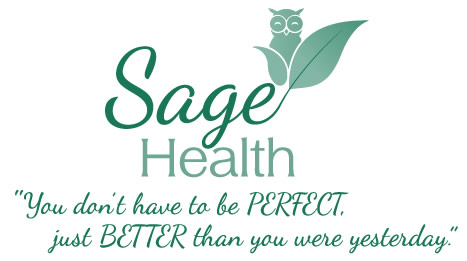Cinnamon is a wonderful aromatic spice, regarded for its sweet and spicy trademark scent we associate with found in that mouthwatering apple pie present on our Thanksgiving table.
But did you know it has been used medicinally for thousands of years, dating back to ancient Egypt?
It is so nutrient rich, packed with health boosting vitamins, minerals, and nutrients: manganese, calcium, iron, vitamin K, fiber, zinc, omega 3 fatty acids, and the list goes on.
For pre-diabetics and diabetics, a major plus is its ability to help lower blood sugar levels. It can help improve your body’s sensitivity to insulin, the hormone that is vital in balancing blood sugar levels.
For those wanting to lose a few extra pounds, adding cinnamon to your diet can be advantageous as cinnamon can raise your metabolism, help your body burn stored fat, and suppress appetite.
It is a wonderful addition to your diet as a naturally sweet ingredient to be added to food and beverages without the negative effects of sugar.
Other tremendous healthful attributes are its high levels of antioxidants and anti-inflammatory properties which help fight disease and repair damaged tissue
Cinnamon also reduces the risk of heart disease by lowering blood pressure, bad cholesterol, and triglycerides while keeping the good cholesterol stable.
It is very good for oral health due to its antifungal and antibacterial elements and even has protective properties to fight some cancers.
There are two types of cinnamon:
~Cassia cinnamon – the “regular” and most consumed cinnamon, possesses a stronger, spicier flavor, and is grown in Vietnam, Indonesia, and China.
~Ceylon cinnamon – known as the “true” cinnamon with a milder, floral, and fruity flavor is grown in Sri Lanka (formerly known as Ceylon).
When consuming cinnamon, be aware that Cassia cinnamon contains high amounts of a compound called coumarin, which could harm your liver if consumed in large quantities. Ceylon cinnamon contains only trace amounts of coumarin.
~While cinnamon has so many amazing health benefits, take note that cinnamon may interact with medications for diabetes, heart disease, or liver disease, either enhancing the effects of the medicines or increasing their side-effects.
~No matter what medications you may be on, always ask your doctor if any foods consumed while on those medicines have the potential to counteract with the medicine or amplify side-effects.
*Being proactive about your health is vital, ask questions! *
Disclaimer: The information provided here is for educational purposes only, as well as to give general information. It is not meant to be used as specific medical advice or to replace consulting with your doctor. You should always consult with your doctor. This article should not be used as a substitute for medical advice from a licensed professional.

